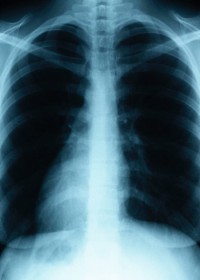
One of the world’s deadliest cancers, lung cancer is the leading cause of cancer deaths in the U.S. Its ability to metastasize and quickly spread to other organs in the body is what makes lung cancer so deadly. A new genetic discovery by scientists at the Salk Institute in California may help researchers devise a way to keep lung cancer from spreading and dramatically improve the long-term outcome of this deadly form of cancer.
Cancer Cells on the Move
As described in Medical News Today, Salk researchers have discovered a gene that helps lung cancer cells “pull up their anchors in the primary tumor,” making it possible for them to move to other parts of the body to form new tumors; a process called metastasis. Normal cells have a natural adhesion that acts like an anchor, keeping the cells firmly rooted in their proper place.
Genes Linked to Cell Adhesion
Scientists already knew that cancerous cells were able to overcome this natural adhesion and travel through the bloodstream to other organs. Previous studies had even shown that some cancer cells were able to manipulate cell anchors. But the Salk Institute research is the first to link communication between specific genes to cancer cell adhesion and explain how cancer cells are able to “up anchor.” When that communication breaks down, cancer cells are set free and start traveling.
In lab and animal experiments, Salk researchers were able to re-establish communication between anchoring genes and slow metastasis. Researchers are hopeful that further research will lead to a way to stop lung cancer from spreading.
Visit our website to find out more about Issels targeted cancer therapies.




